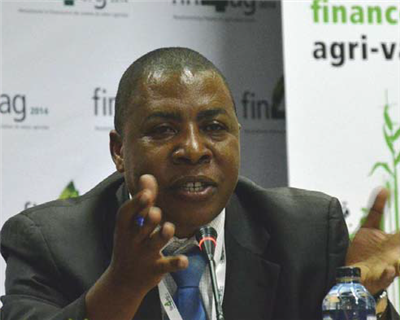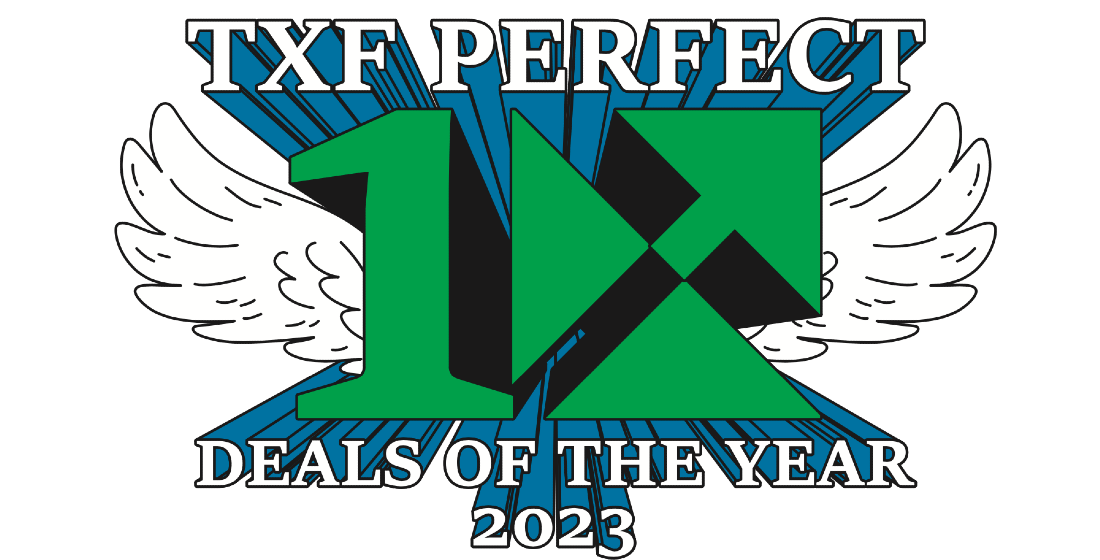‘The Ins and Outs of a Successful Warehouse Receipt Finance System’ session at the Fin4Ag Nairobi conference at the close of day two of the main programme, took the form of a panel presentation and discussion where much of the attention focused on the important role that collateral managers play within the warehouse receipt process for agri commodities and the development of collateral management companies throughout Africa.
For some time now there has been the idea of a potential pan African collateral management company with multiple, diverse investors combining to form such a company that could have a presence and authority across much of the continent. And it is argued that such a set up could provide collateral management services to a much broader range of agri producers than those able to utilise such services today.
Speaking on the potential of a pan African company, Alex Kwayu, director, CGS Collateral Control Company, based in Dar es Salaam, Tanzania said that investors for such a company could be drawn from a range of institutions such as: commercial banks as natural users of the service, development organisations, investment banks, microfinance banks, social security organisations, and even traders and venture capitalists.
Kwayu stated that in order to establish such a venture it needed the establishment of a steering committee to drive the plan through. The committee would, he suggested: design the organisation structure, negotiate with prospective investors, register the company, recommend members of the board, recommend a top management team to the board, and oversee the execution of the first transactions to ensure a smooth handover to the management team.
And in elaborating further on the subject of investors, Kwayu noted that: “It’s not a new concept to have banks investing in a collateral management company. In Tanzania, I know of one bank that invests in collateral management.”
In finalising his presentation on the prospects for a pan-African collateral management company, Kwayu declared: “Collateral management acts as a reliable delivery platform for a commodity exchange. Today the largest collateral managers in Latin America and Turkey are owned by banks. Let us do it now!”
In the discussion which followed, Abdou Konlambigue, programme officer market access, Alliance for a Green Revolution in Africa (AGRA), based in Accra, Ghana, stated that in most countries there is no regulation for collateral managers, and whatever is set up it would need a regulatory body to oversee operations. He also commented that only by setting up a system for properly regulated collateral managers would the quality of produce be improved in an efficient and consistent manner.
In a response to this from the floor, one delegate commented that a pan-African collateral management association would be a more appropriate institution than a company.
In further responses from the floor, Jonathan Coulter of J Coulter Consulting stated: “As regards to setting up a pan- African firm, there is already massive competition from firms in South Africa.” He went on to also note: “Generally, collateral managers do not guarantee quality, they tend to focus on quantity. And in public warehouse systems, there is already significant expertise.”
The session moderator, Rod Gravelet Blondin, senior advisor, East Africa Exchange (EAX), pointed out that he knew of at least one African collateral management company that would guarantee 100% quality ie ensure that the same quality of produce is handed over following warehouse storage. What of course, is not possible he noted, is the improvement of warehoused product quality.
Also on the panel, Nicholas Budd, former partner with White & Case in Paris, and now a part time consultant with the International Finance Corporation (IFC), pointed out the example of China. In that country he said: “The Chinese government is creating a collateral management company to deal with steel.” He also noted that this is something that the IFC is helping to sponsor.
Further to this, he also stated that there had been two examples where banks had tried to establish collateral management companies themselves. In the first instance, he noted that ABSA had sought to set up a field warehouse system for southern African countries, although they subsequently withdrew because of various problems. In addition, he said, Citi had also set up a collateral trust company. But this, although well defined, also failed in practice. Budd stated: “The reality was that none of the other banks would do business with this company because of bank confidentiality.”
Budd also noted the need for government regulation, pointing out that if leverage exceeded a certain point, in relation to collateral management set up and activity, it could contravene competition law. Konlambigue stated that there is a major issue related to confidence in any system that is set up. Speaking on warehouse receipt systems, he stated: “You need to know the trader will accept the [warehouse] receipt. You need to trust in the system.”
With proper collateral management, most observers of African agri trading agree that the overall level of trades would significantly increase. Richard Wangwe, East Africa director, Africa Enterprise Challenge Fund (AECF), based in Nairobi, commented: “The concept of the warehouse receipt system best works in a healthy trading environment. So we need to encourage the participants to trade. The more trades you make the more viable the system becomes. In Uganda, for example, cooperatives that stored their crops and waited for the price to go up simply went out of business. The system works when there is regular trading. But standards need to be adhered to.”
And directly referring to the concept of a pan African company, he remarked: “This is an opportunity. There are a lot of trade opportunities between African countries, so we should support a proper pan-African collateral management initiative.” In wrapping up the session, Gravelet Blondin, concluded: “This is a fascinating area of discussion, and collateral management overall is an issue that is of prime importance. We have only just scratched the surface here today.
“CTA needs to have a conference on just warehouse finance and collateral management. But, the underlying factor should be transparency.”
Collateral management in a nutshell
As banks mostly lend against the collateral of fixed assets, the majority of commodity value chain actors, like most of the small and medium enterprise sector, are short of working capital. Collateral management can unlock floating assets, in particular commodity stocks, as valid collateral for financiers, thus greatly enhancing access to working capital finance. Here, the financier engages a third party, called a collateral manager, to take physical control over the inventory at a borrower's premises. The collateral manager effectively removes control over the stock from the borrower. He provides assurance over the continued presence of the commodities, and is liable to the bank if, in the case of a loan default, the bank finds that the commodities are no longer present. Collateral management has proven an effective tool in lending worldwide.








